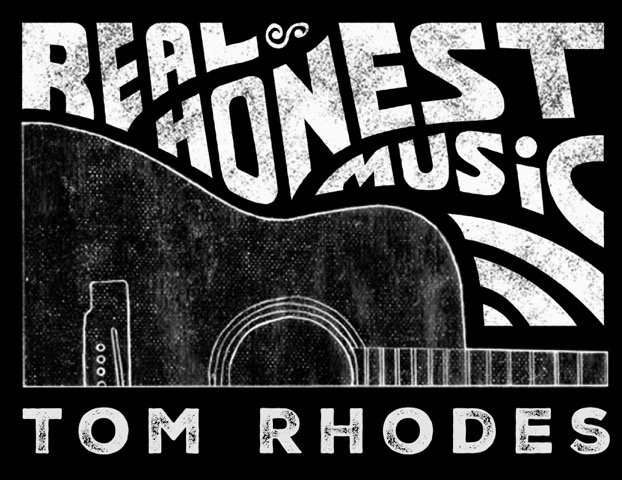When I was growing up, no one ever brought up what to do when someone dies. Not once. No one told me how to help someone who is in the process of dying. In fact, death was almost completely off the table as far as childhood discussions went, with the exception of fictional violence (where it was totally ok), yet we'll all find ourselves in that place at some point in our lives (more than likely more than a few times).
I would say that I am way underprepared for the death of my loved ones. I don’t mean in an emotional way, as in how to process the feelings associated with death, since we do have some mechanisms in our society for that sort of thing. I mean the actual physical steps. Who do you call? The police? A coroner? A funeral home? What do you do when someone is sick and they aren’t getting better? How do you catch some sleep when you're in a hospital? What is the best way to encourage someone to do something that they don’t want to do that's for their own good? How do you handle the debris that is left behind after a life ends
I’ve been faced with some of these questions, as some of them are looming on the horizons of my life, and I am wondering how I made it to this age so woefully underprepared. I wonder if my family is like most families, in that there are one or two strong people who are the ones who tend to handle these kinds of things. What happens when those are the people who are in need of help?
I think this should be taught in schools, and taught from an early age no matter how awkward it seems to us right now.
My grandmother died when I was fairly young. We were very close growing up, but I wasn’t there for her last days. My family had moved far away by then and it wasn’t feasible for me to fly back with my mother, and it seemed like the mentality around her death was that it wasn’t really a place for a child. My first interaction with a loved one dying was to see her wearing too much make-up and laying in a box. There was a ritual around dying and it was all confusing and bigger than me. In a number of ways I still feel like that kid, a little lost and caught up in a process that I’m not really familiar with. I find comfort in facts and information, I make lists, I want to know what the process is from top to bottom.
I did a Google search on “What do I do when my parent dies” and the top two hits were from Consumer Reports and AARP. There is a checklist on the AARP site. The checklist comforts me, there is a structure. People have done this before, here is what the ones who did it found out that can help you. I wish I had had this list at 17 years old. I wish that someone had sat me down and told me that when people die it isn’t like the movies. It can take a long time. Almost all of us go out with a long drawn out losing battle with something that hurts (here is the big important part) and that’s ok. That is how life works. That is part of the structure, the checklist. Why do we leave it up to the AARP site to inform us? Why are we leaving this unsaid for so long? Why isn’t this part of our culture and conversation? We die, our loved ones die, it’s OK, here is what happens, here is what you can do.
I think that we avoid these conversations in our society because they're scary. They are at the very least disconcerting, but they have to happen. I find myself wondering if it has always been the way? Is my ignorance a result of an overall culture with an almost endless ability to purposefully ignore? I often feel like I’m an odd person for wanting to look at things as they really are. I am comforted by reality no matter how uncomfortable it is, because the false world that we build to hide those uncomfortable feelings leaves me unstable when I’m walking through it and shatters me into pieces when the facade eventually breaks down. When I am facing the world as it really is, I can at least be sure of something, even if that thing is dark and scary. So let’s talk about it, let’s talk about death and dying, let’s bring it up from the beginning, let’s tell people the rules of the game before they start playing.
They don’t teach you what to do when your loved ones die in school, but I think that they should. I know that I wish that someone had taught me.
*I’m not trying to wade into the educational shortcomings of our school systems in the US. I have opinions on how we teach kids, but I am not qualified to offer advice about this incredibly complex and nuanced topic.
